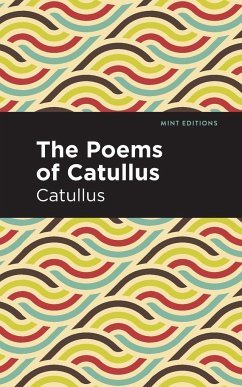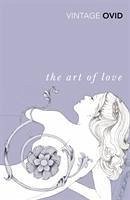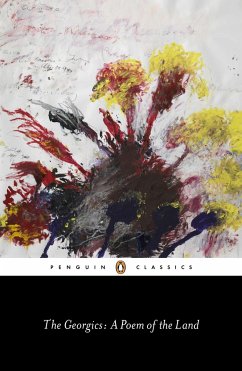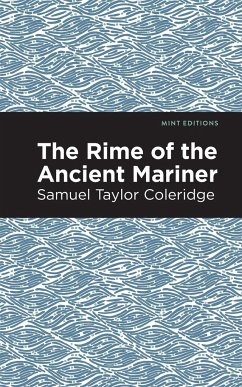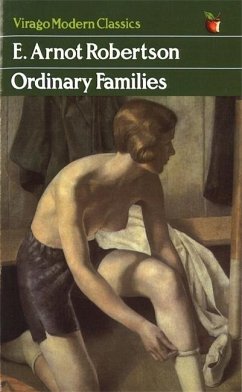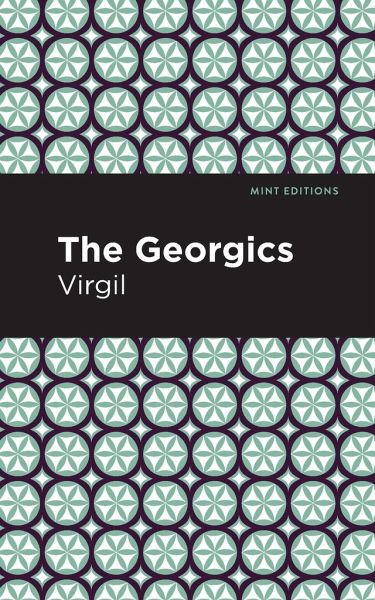
The Georgics

PAYBACK Punkte
3 °P sammeln!
"In the whole of European literature there is no poet who can furnish the texts for a more significant variety of discourse than Virgil. [He] symbolizes so much in the history of Europe, and represents such central European values..." -T.S. Eliot The Georgics (29 BC) is a poem by Roman poet Virgil. Although less prominent than The Aeneid, Virgil's legendary epic of the Trojan hero Aeneas and his discovery of what would later become the city of Rome, The Georgics have endured as a landmark in the history of poetry. The Georgics were inspired by Lucretius's De Rerum Natura and Hesiod's Works and...
"In the whole of European literature there is no poet who can furnish the texts for a more significant variety of discourse than Virgil. [He] symbolizes so much in the history of Europe, and represents such central European values..." -T.S. Eliot The Georgics (29 BC) is a poem by Roman poet Virgil. Although less prominent than The Aeneid, Virgil's legendary epic of the Trojan hero Aeneas and his discovery of what would later become the city of Rome, The Georgics have endured as a landmark in the history of poetry. The Georgics were inspired by Lucretius's De Rerum Natura and Hesiod's Works and Days, an Ancient Greek poem describing the creation of the cosmos, the history of Earth, and the role of agriculture in human life. The Georgics is considered Virgil's second major work of three and has inspired generations of poets and scholars interested in the ability of literature to bridge the artificial gap between humanity and the natural world. "What makes the cornfield smile [...] What pains for cattle-keeping, or what proof / Of patient trial serves for thrifty bees; / Such are my themes." Beginning with these lines, Virgil's Georgics is a poem about the life of the world and the need for order to ensure humanity's survival. Surveying such diverse topics as the creation of the universe, the cycles of human history, and the technical processes applied to soil and animals to produce food and sustain life itself, this poem attempts to rekindle in its reader a sense of unity with the world. Written in a time of immense political upheaval following the death of Julius Caesar and the rise of Emperor Augustus, The Georgics is as much a poem of survival as of faith, a falling back on the old ways that sustain and nurture life, a way of preserving a volatile present for a future forever in the making. This edition of Virgil's The Georgics is a classic work of Roman literature reimagined for modern readers. Since our inception in 2020, Mint Editions has kept sustainability and innovation at the forefront of our mission. Each and every Mint Edition title gets a fresh, professionally typeset manuscript and a dazzling new cover, all while maintaining the integrity of the original book. With thousands of titles in our collection, we aim to spotlight diverse public domain works to help them find modern audiences. Mint Editions celebrates a breadth of literary works, curated from both canonical and overlooked classics from writers around the globe.





